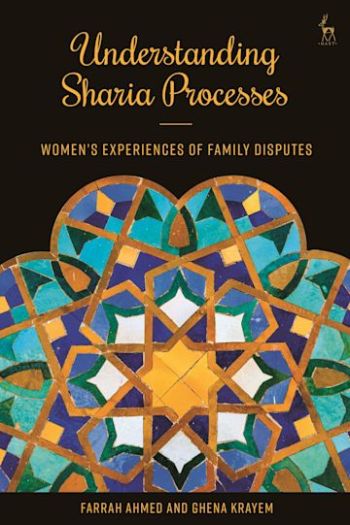
The question of whether liberal states such as the United Kingdom, Canada, the United States and Australia should recognise sharia family law processes has attracted increasing debate and controversy in recent years. While the reasons for opposition to sharia processes are complex, they often feature the concern that sharia processes disadvantage Muslim women. However, to date there has been inadequate attention to the experiences of participants in sharia processes.
The book will address two key questions namely; how liberal legal systems like Australia’s should respond to sharia processes, and more specifically; how it can best respond to the needs of Muslim women who use these processes. In doing so, this book offers unique evidence to inform future policy developments in Australia that will also have implications for other liberal jurisdictions. In this way, this book makes a significant contribution to the international discussion and response to sharia processes.